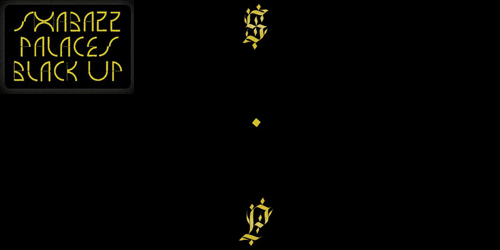

“It was the fact that it was called ‘Ten Crack Commandments.’ Chuck’s not into that. Still, Chuck D brought a copyright lawsuit against Biggie’s estate (as well as DJ Premier) regarding the song. Biggie never lived to see the song released, as he died in March 1997, just two weeks before his Life After Death album was released. Public Enemy co-founder Chuck D wasn’t too pleased with “Shut ‘Em Down” being used for a song where Biggie outlines rules for drug dealers.

I’m the greatest!’ And that was the last time I ever saw him.”Ĭhuck D wasn’t happy with the song’s title “As soon as he was done with the vocals he goes, ‘Premier, I did it. “I think it’s one of the best records he ever made,” Premier said. “I did that, it came out to be another hit.”īiggie himself was proud of how the song turned out. “To make a long story short: on ‘Ten Crack Commandments’ Big went in there and did the vocals and the only thing that Big instructed me to do besides what was already laid down was, ‘Every time I say number one, number two, number three, take that Chuck D scratch and scratch it with me saying the number.’ I said, ‘No problem,'” Premier remembered. Biggie wanted to incorporate a sample from Public Enemy’s 1991 song “Shut ‘Em Down” into the song - in particular, a scratch and snippet of Chuck D’s voice. | Chris Walter/WireImage Inside the recording of The Notorious B.I.G.’s ‘Ten Crack Commandments’īiggie’s producer DJ Premier reflected on the creation of “Ten Crack Commandments” in a 2003 interview with XXL. One such song, “Ten Crack Commandments” from his sophomore album Life After Death, led to some hurdles behind the scenes.

On songs like “Juicy” and “Big Poppa,” Biggie and his production team reworked beloved older songs into new beats for him to rap over. was a key player in bringing sampling to the forefront in hip-hop in the 1990s.


 0 kommentar(er)
0 kommentar(er)
